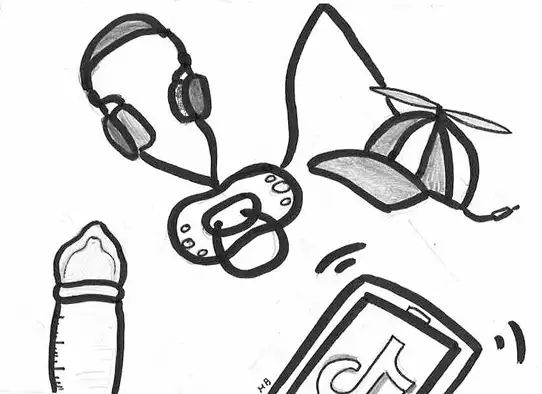Le droit des mineurs inclut un aspect « pénal » et un aspect « civil »

When a person commits acts while being a minor, thus being under 18 years old, they are subject to sanctions specifically provided for in the Code of Criminal Justice for Minors.
The competent courts are typically the juvenile court judge in camera proceedings (adjudicating cases alone) or the juvenile court (with one judge and two assessors).
Alternatives to prosecution can also be chosen by the public prosecutor depending on the profile of the person involved (criminal mediation, etc.).
Depending on their age (whether under or over 16 years old), the penalties incurred will differ.
Lawyer Blanchon accompanies you in the study of your case.
It is specified that it is the age at the time of the commission of the offense that matters and not the age at the time of judgment.
In civil matters, this is referred to as educational assistance.
The Public Prosecutor can intervene within the framework of a criminal procedure, but reports can also be made to the public prosecutor regarding a minor child's dangerous situation.
A juvenile court judge can thus be appointed to assess the need for educational supervision, involving the parents, whether at the parents' home or through external placement. Educators also intervene in parallel.
The objective is to ensure a safe environment for the child's proper development.
Lawyer Blanchon assists parents and children (the latter upon designation by the bâtonnier) before the juvenile court judge in this procedure.